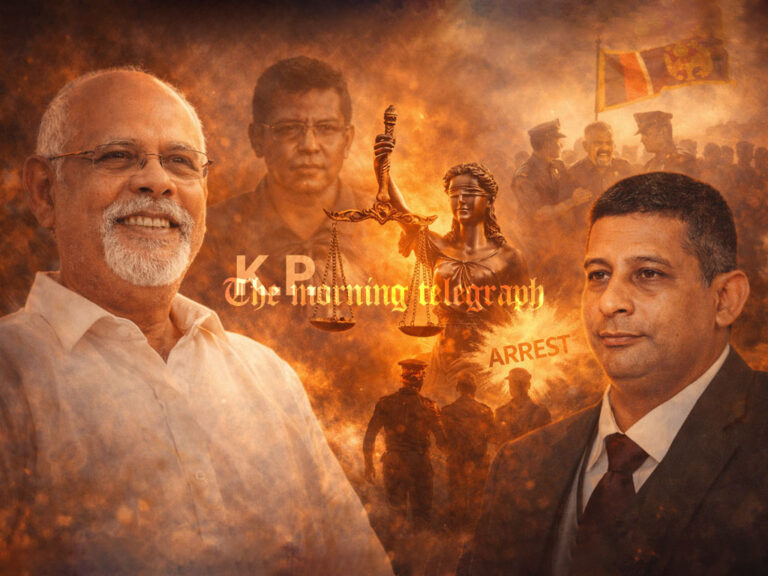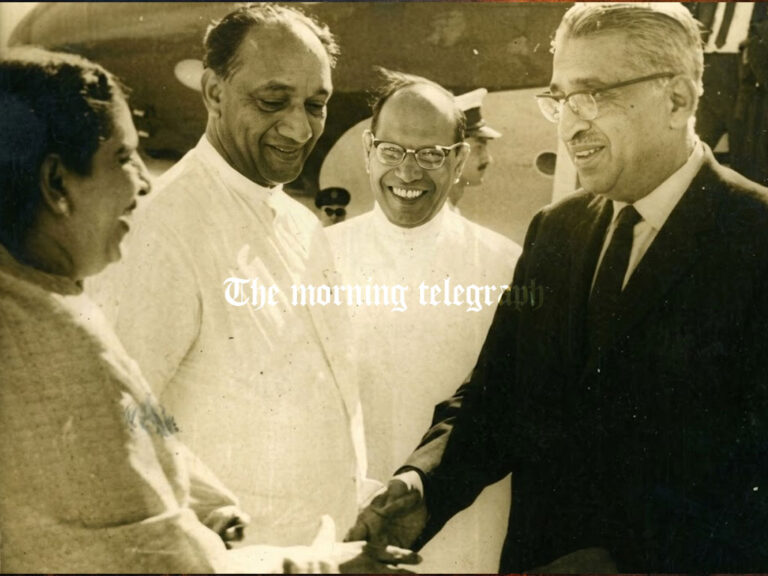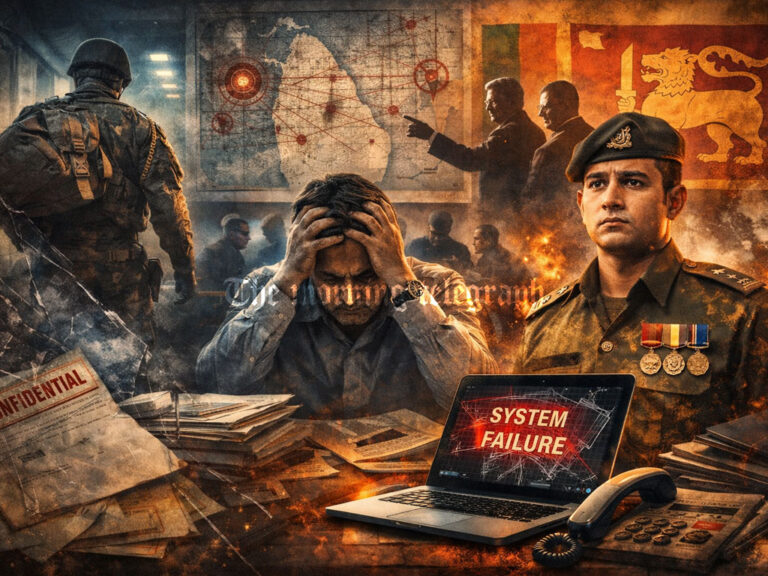
COLOMBO (August 2024) — President Ranil Wickremesinghe has explained why he opted for the ‘Gas Cylinder’ as his campaign symbol instead of the traditional ‘Elephant’ in the upcoming presidential election. He emphasized that resolving Sri Lanka’s economic crisis requires uninterrupted economic transformations and urged voters to carefully consider their future when making decisions at the polls.
In a recent “Ask Ranil” session, where he responded to questions raised on social media, President Wickremesinghe expressed concern that if the necessary economic changes are halted midway, the country’s economy would collapse again, despite efforts to stabilize it.
Addressing the question of his campaign symbol, the President revealed that he chose to run as an independent candidate, which allows him the flexibility to select any symbol. He felt that the ‘Gas Cylinder’ was the most fitting representation at this time, reflecting the need to rethink traditional political approaches.
When questioned about his perceived association with the Rajapaksa family and the Sri Lanka Podujana Peramuna (SLPP), Wickremesinghe clarified that while he had received support from the SLPP to stabilize the government, that phase was now complete. He emphasized that his campaign would be independent, separate from any previous political affiliations.
The President also addressed concerns about Sri Lanka’s economic history, stating that while significant progress had been made over the past 75 years, ideologies advocating for a purely domestic economy had hindered rapid development. He stressed the need for Sri Lanka to be open to the world, drawing lessons from successful countries like Singapore and Hong Kong.
In response to questions about corruption, President Wickremesinghe defended his administration’s efforts to tackle both minor and major offenders. He highlighted the establishment of several anti-corruption bodies but acknowledged that legal challenges had made it difficult to prosecute some cases.
On the subject of Artificial Intelligence (AI), the President recognized its growing influence on politics and the economy, urging the need for a legal framework to regulate its use. He pointed out that while AI has the potential to revolutionize various fields, it also poses significant risks that need to be managed carefully.
Finally, addressing the efficiency of the public service, President Wickremesinghe outlined plans to modernize it, acknowledging the challenges posed by an excess of staff. He emphasized the importance of training and new programs to improve public service, while also recognizing the social implications of reducing the workforce.
As the presidential election approaches, President Wickremesinghe’s decision to run independently, symbolized by the Gas Cylinder, marks a significant shift in Sri Lankan politics, reflecting his call for a new approach to the country’s challenges.




